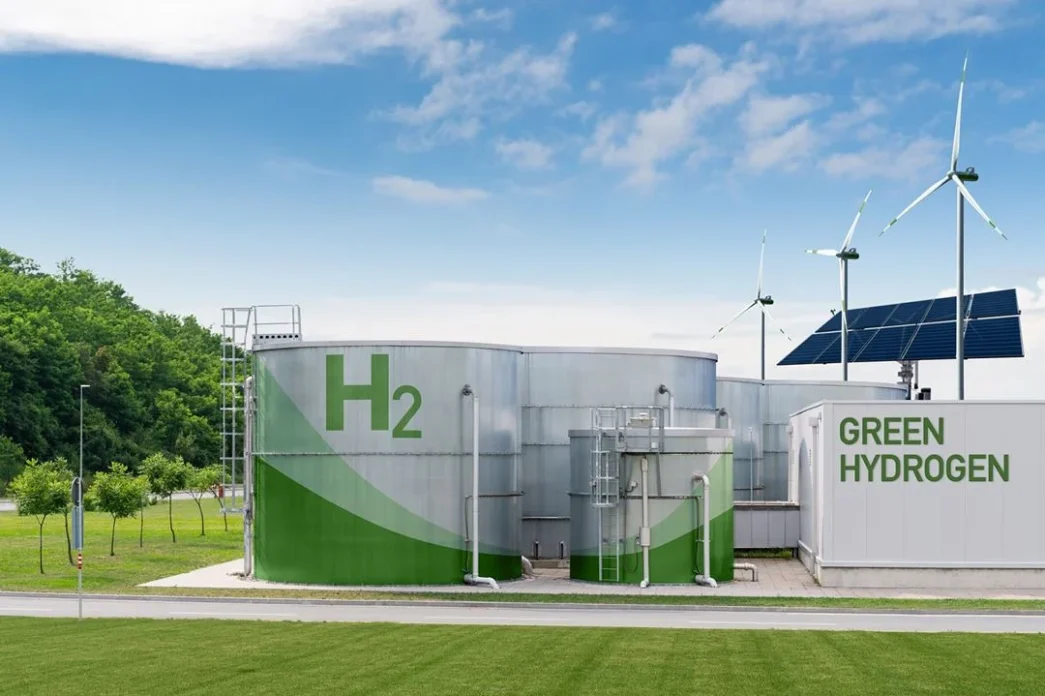Green Hydrogen: Nigeria’s Path to Clean Energy Transition
Nigeria Calls for Investment in Green Hydrogen Initiatives
Power Ministry: Green Hydrogen Vital for Nigeria’s Clean Energy
BY SHEKWOPEYELO
In a recent statement, Nigeria’s power ministry highlighted the crucial role of green hydrogen in the global shift towards clean energy. During a regional capacity-building workshop organized by the ECOWAS Centre for Renewable Energy and Energy Efficiency (ECREEE), officials called for increased private-sector investment in green hydrogen initiatives. Temitope Dina, Assistant Director at the ministry, stressed that collaboration is vital for achieving a sustainable and green future.
This emphasis on green hydrogen comes amidst ongoing discussions about the impacts of climate change on communities and economies. The United Nations has reported promising news regarding the ozone layer, which is projected to be fully restored by 2050. However, challenges persist, as a recent ActionAid International report revealed that fossil fuel and industrial agriculture sectors received an annual average of $677 billion in public subsidies from 2016 to 2023 in developing countries.
Deputy Speaker of the House of Representatives, Benjamin Kalu, urged multinational companies in Nigeria to contribute taxes to support climate change victims, highlighting the detrimental effects of recent flooding in Borno and Zamfara states.
In addition, the Nigerian National Petroleum Company (NNPC) and its joint venture partner, FIRST E&P, launched the Afforestation, Livelihood Enhancement, and Carbon Sequestration (ALEC) initiative, targeting coastal communities in Bayelsa State to combat deforestation and promote biodiversity.
Amid these initiatives, a study published in The Lancet Neurology indicated that air pollution and rising temperatures contribute to an increase in global stroke cases, reinforcing the urgency of addressing climate-related health risks.
As Nigeria navigates its energy landscape, the transition to green hydrogen represents a pivotal step toward mitigating climate change and fostering sustainable development.
